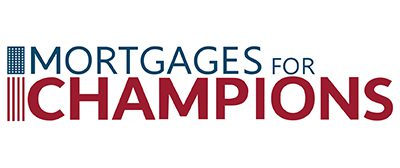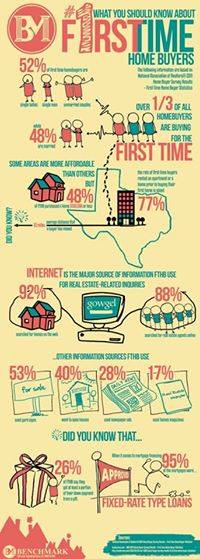
Millennials especially are buying their first home. However, some buy a house that they need at the moment, not a house they will need in the future if they get married or want to grow their family with children. So you go on a quest for a second home that will fit your new needs for an extra bedroom for your baby girl or looking for that house that will fit your whole family and will have an amazing yard to have fun in and entertain. But the question remains in the back of your mind, “What should I do with my first house?” Normally people think about selling their first home so they can wish it bon voyage for the next person to enjoy it. However, some consider the idea of renting their first home out to others. While there are many perks to renting out a property, there are also some downfalls as well to. Here are some factors that will help you weighing the decision to sell your first home or rent it out.
Financial perks and considerations – So let’s talk about some of the perks of renting out your first house. Not only do you have another property investment, but if you rent it out, you can build a real estate invest portfolio. You can convert your first house into a rental and leave your perfect mortgage payment in tact which is more favorable if you obtained a down payment and a low mortgage interest rate. However if you are searching for your second primary residence, it will help if you show them you have a lease in place of the current home. When you buy your second home, you need to remember that a second mortgage will increase your debt-to-income ratio and you will have to again qualify for the second mortgage.
Tax advantages – If you are looking to make your first home a rental property, make it a priority to sit and speak with an accountant to talk about the tax rules. The tax rules can be very complicated when you are renting out your property and they will help you understand them. The most substantial tax advantages to converting your first home in a rental property comes in the form of depreciating the property, the deduction of maintenance expenses, and the deduction of your mortgage insurance. Again, speak to an accountant about those situations as they will help you if it’s worth renting your first home out or selling it.
Is your home an ideal rental property? – You love your first home and you think everyone who have ever stepped foot in your home would love it as well! However, just because you love it, doesn’t mean it’s ideal for everyone! Generally speaking, a one to three bedroom house is much easier to rent out than a larger home. What would also help is if you do a general search on who are the renters are in your city and what type of properties they rent. For example, is it close to town or how is the area you are in? The broader appeal you have for renters, the more luck you will have on renting it out. If you are not sure if your property is rentable, seek the advice from a real estate professional. They will tell you as well as help you create a comprehensive strategy that is tailored to your situation and market.
Rental fees – We know that rental rates vary greatly in every way, especially if you are renting out a single family home or a condominium. Because the rate varies, it is hard to say what the perfect price to rent your property is. One of the ways you can find out is by doing research the rental market to homes that are similar like yours. You can see what the average they are being rented for and you can price your property competitively. Make sure you do your homework and faction all of costs in the consideration, including your mortgage payment and property insurance. One of the downsides, however, when you rent your property out is the costs that can come up from repairs, property damage, or late and unpaid payments from the tenant. So when you are pricing your rental property, keep in mind about those occurrences that may happen. If this is your first time being a landlord, you can also look into a property management company that will handle all of the responsibilities you would have as a landlord. However, that will come at a price, so you might want to include that in your math and rental price.
Many experts recommend you to rent your first home to other people. To buy a second investment and to have two investments to hold on to is a great idea. However, before you go put your property on the market, think about the current housing market and the situation before you make a leap into it. If you are in a seller’s market, it could make it tough to get into your new home without cashing out the equity of your first home. Another option is to refinance your home to get some of the equity out.
Looking to buy your second home? Think you should sell your first home or rent it out? Why not give us a call at (973) 577-7008 and ask our mortgage experts to make a fool proof plan for your new home.











